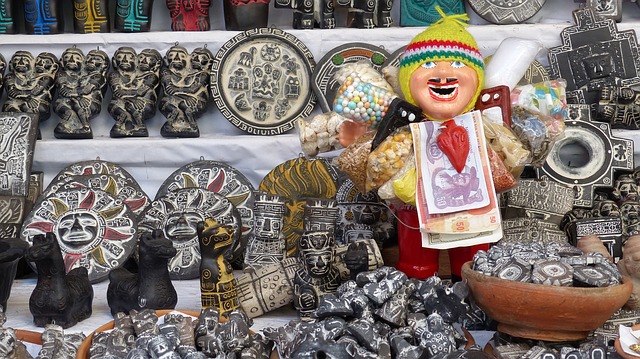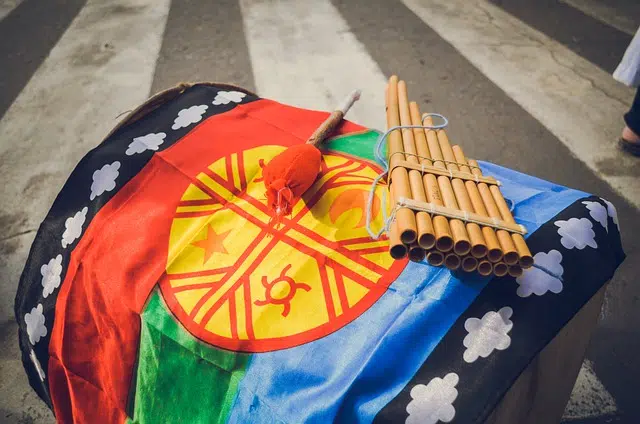
Many towns pay tribute to Pachamama.
Pachamama is a concept that comes from the Quechua language . Pacha can be translated as "world" or "Earth" , while mama is equivalent to "mother" . That is why it is usually explained that Pachamama is, for certain Andean ethnic groups, Mother Earth .
It is, in short, a kind of divinity or the center of the worldview of these groups. Pachamama is not only the planet (the terrestrial sphere), but it encompasses much more. It is nature that is in permanent contact with humans , with whom it even interacts through various rituals.
Cult of Pachamama
It is understood that Pachamama protects people and allows them to live thanks to everything it provides: water, food, etc. Men, therefore, must take care of Pachamama and pay tribute to her.
The cult of Pachamama varies according to the ethnic group and in each one it has also changed over the years. In ancient times, animals were sacrificed in his honor; Nowadays, however, it is more common for cigarettes, bottles of wine, coca leaves and other products to be buried as an offering. The intention is to entertain Pachamama so that she returns the gesture with good harvests, favorable weather conditions, etc.
Today it is common for the Quechuas , the Aymaras and their descendants to combine the traditional cult of Pachamama with the Catholic religion , predominant in the South American countries where they settle. This means that the rituals and offerings to Mother Earth develop in parallel with other festivities and typical acts of Christianity.

The notion of Pachamama is important in many Andean towns.
Differences with Ñuke Mapu
In the case of the Mapuche, this belief is called Ñuke Mapu , which literally means Mother Earth. For this people, unlike what Pachamama means for the Quechuas, Mother Earth is not a deity but she is extremely important for their culture . This concept does not symbolize the geological earth but is a representation of the Mapuche world in cosmography and symbolizes, in turn, the interrelation of the Mapuches among themselves.
There is a deep relationship between being Mapuche and nature and Pachamama symbolizes the whole ( Mapuche + nature ) that is why it is so important. The way in which the people communicate with this Everything is through the spirits known as Ngen that are found in different elements of nature such as springs, hills and springs; Also the altars where they perform their rituals are a point of connection with the Ñuke Mapu.
At the beginning of each year the people gather to apologize for their mistakes and promise to take responsible care of nature and the culture to which they belong. The Pachamama is the one who receives those offerings and those prayers and keeps everything in balance . The Mapuche believe that life is a cyclical state where the past and present cohabit and where the beginning of each year is a new rebirth; That is why for them the beginning of the year is like starting over and setting out to maintain that sacred balance between people and nature .
Every August 1, the Mapuche people gather to thank Mother Earth for taking care of the people (providing food for everyone) and perform a religious act in which they purify themselves and commit to behaving as true guests of this land, delicately caring for them. her and contributing her grain of sand so that the cycle of life continues to develop normally. In exchange, they ask the land for good harvests and protection for all residents.
